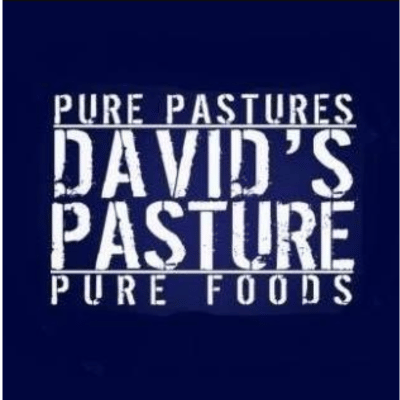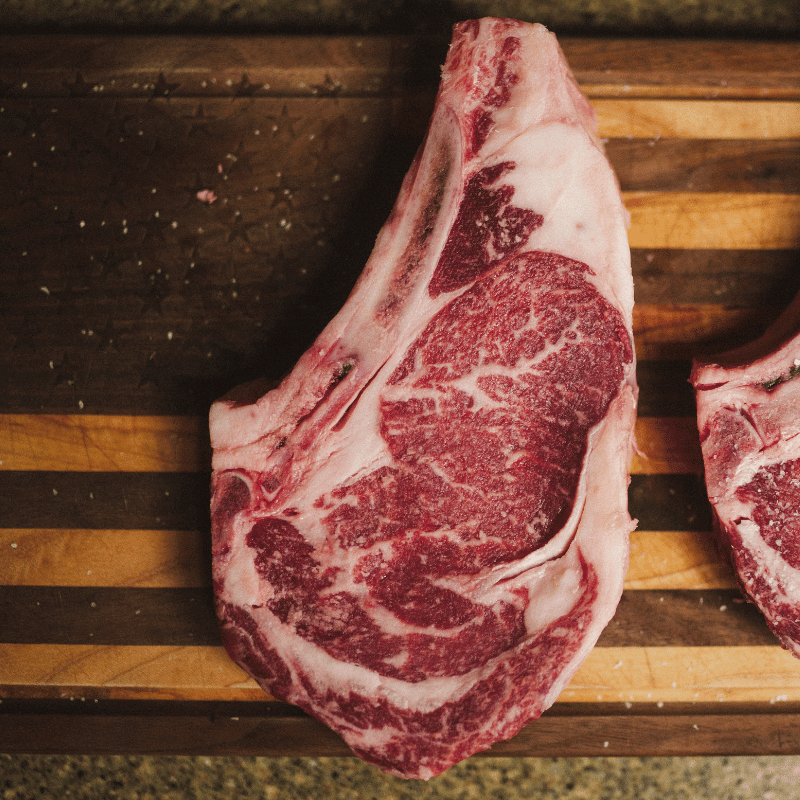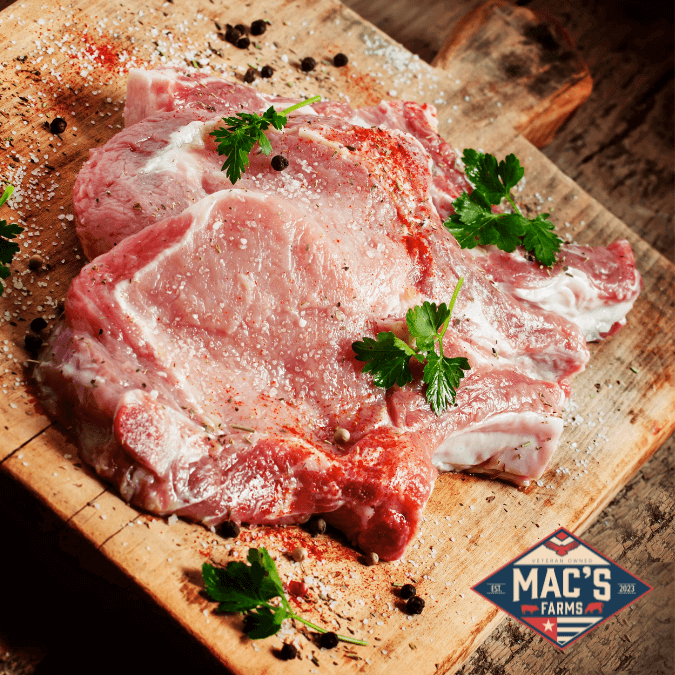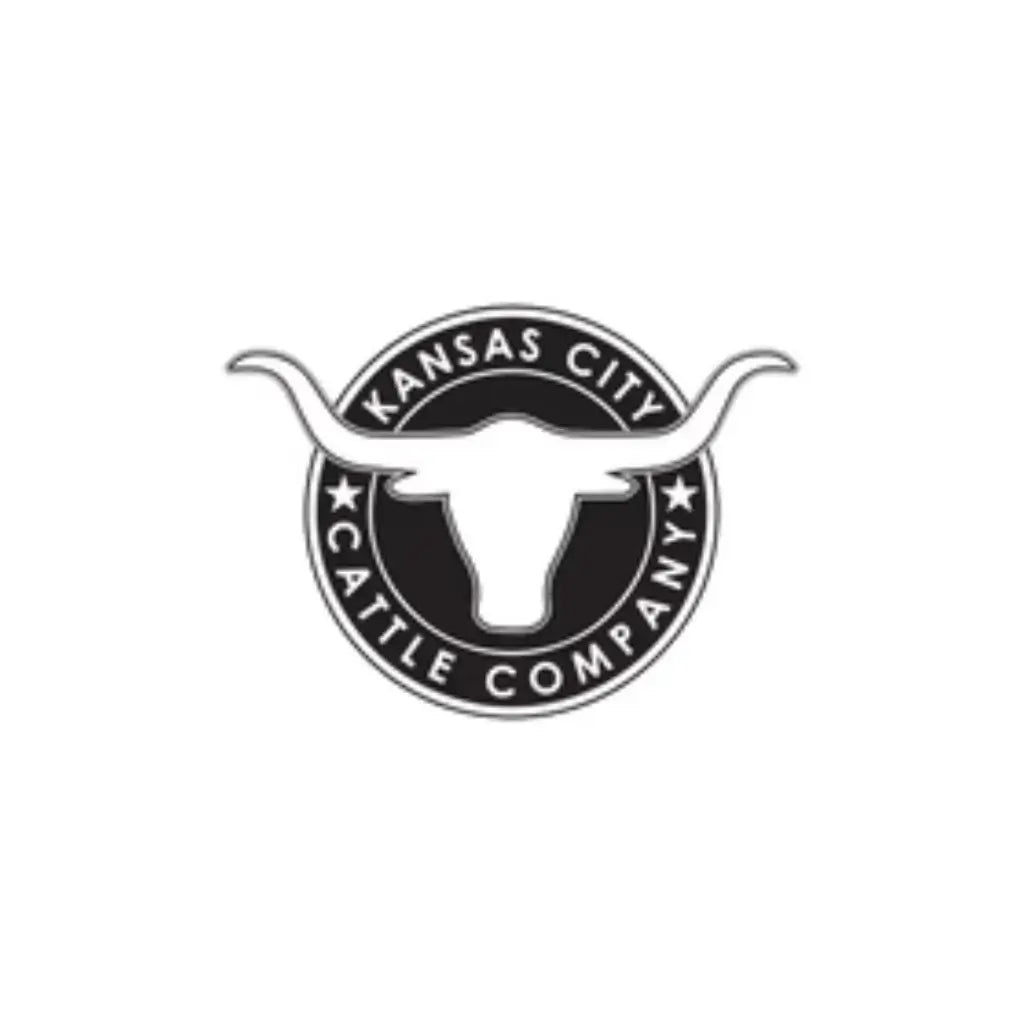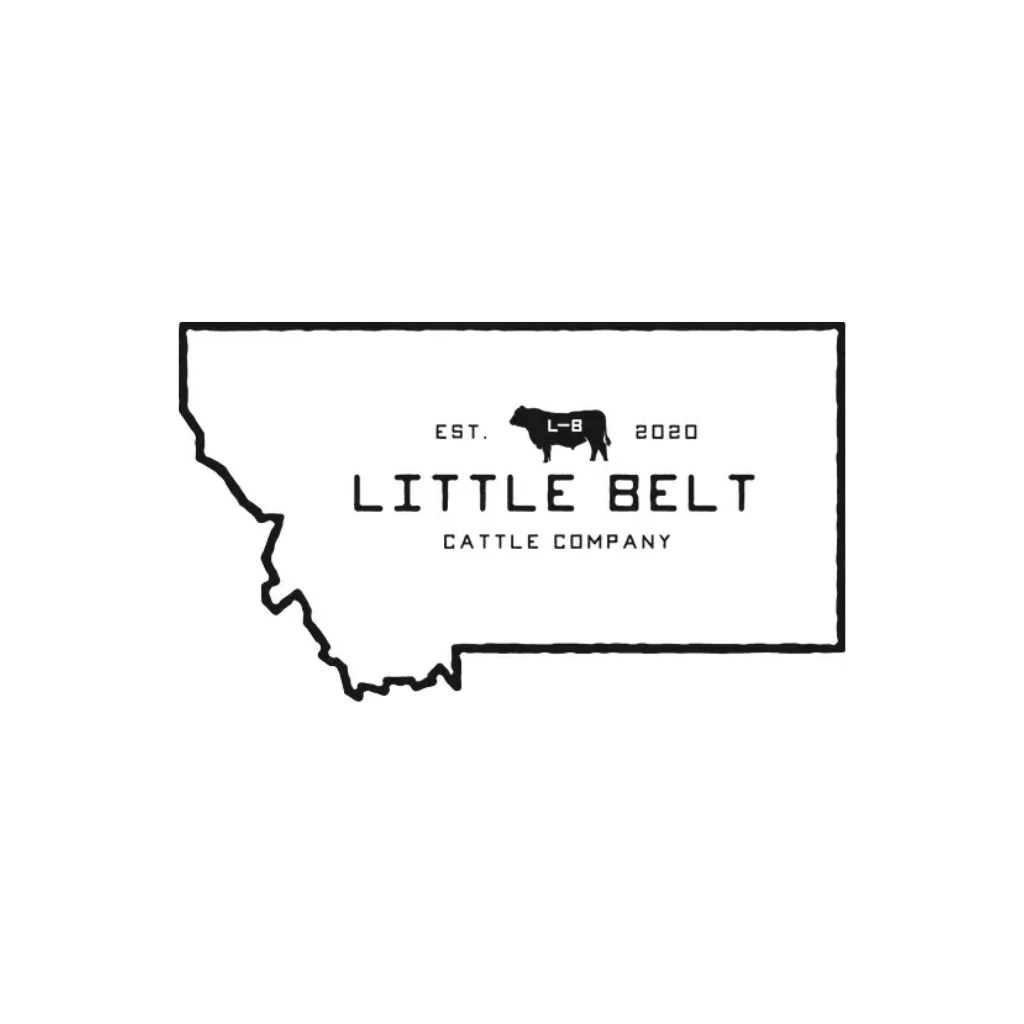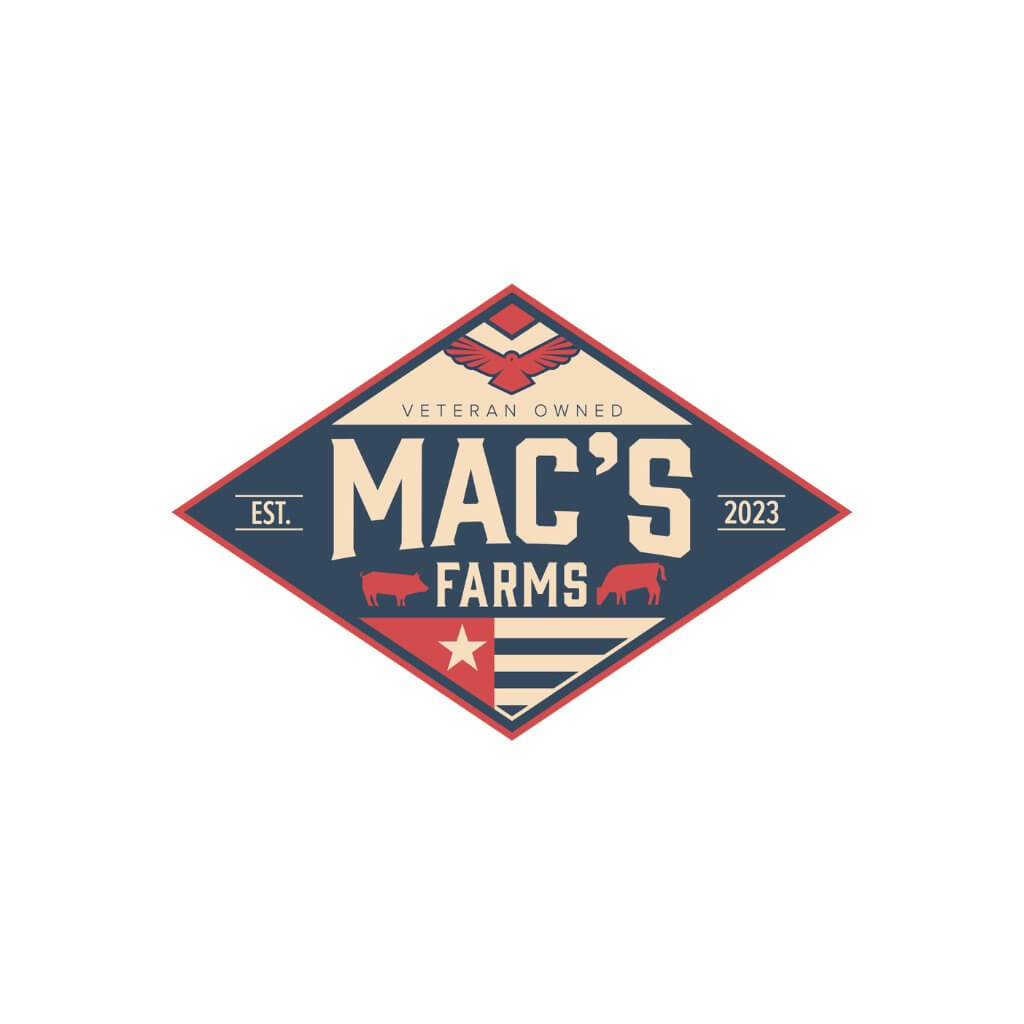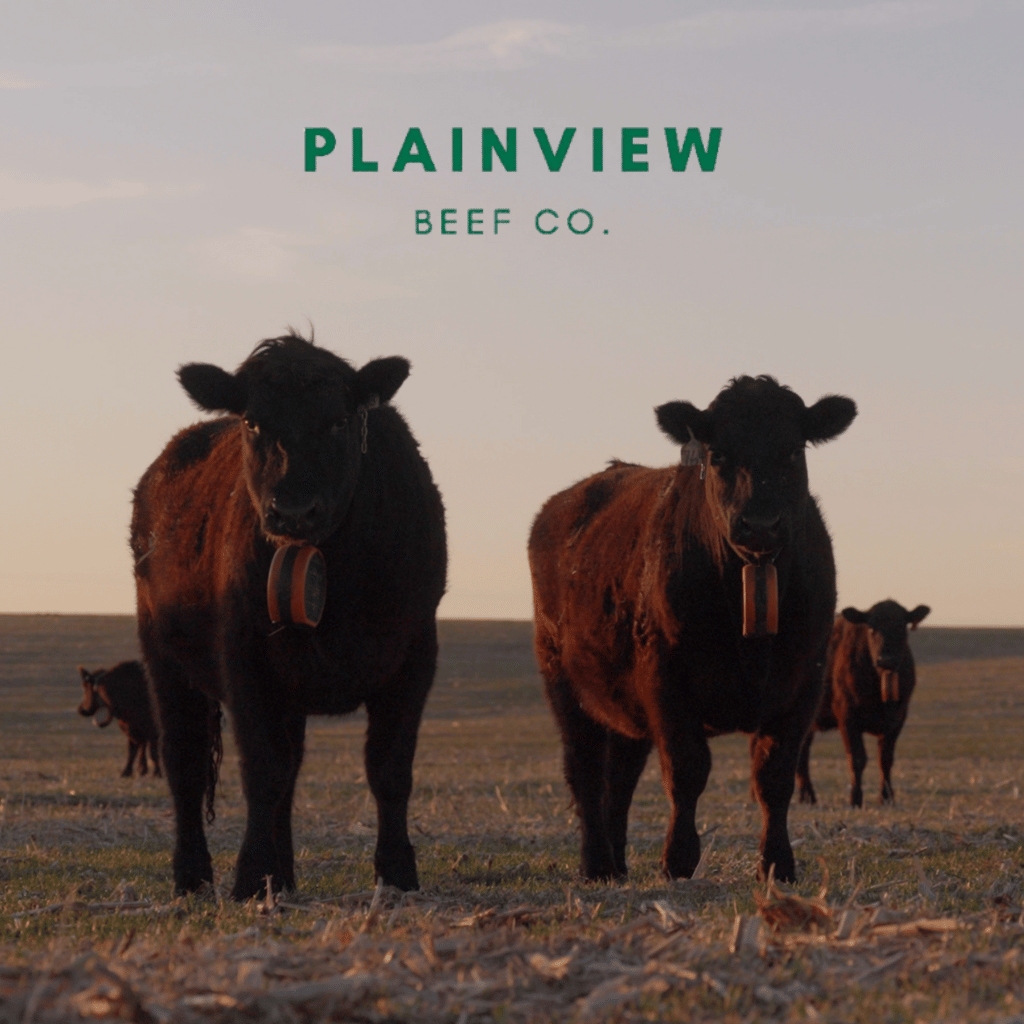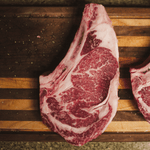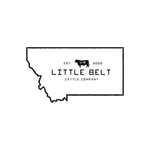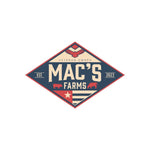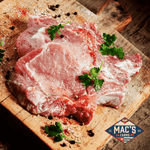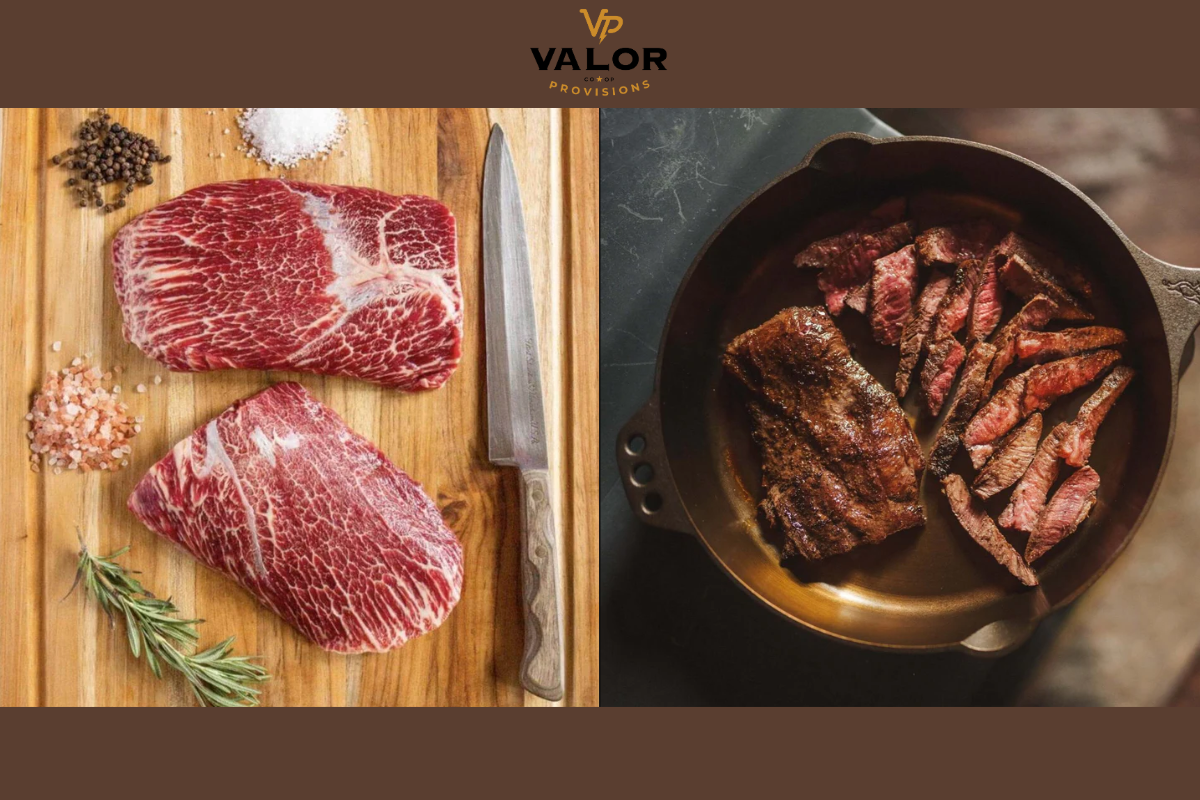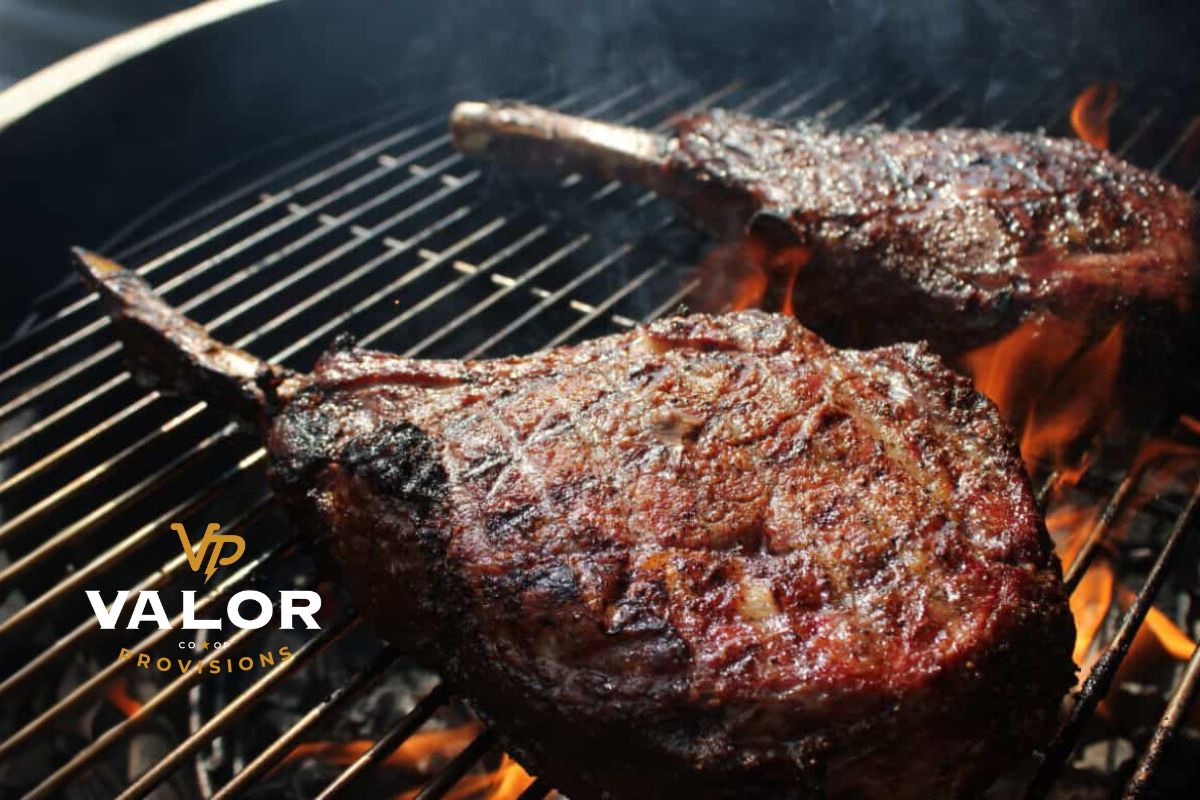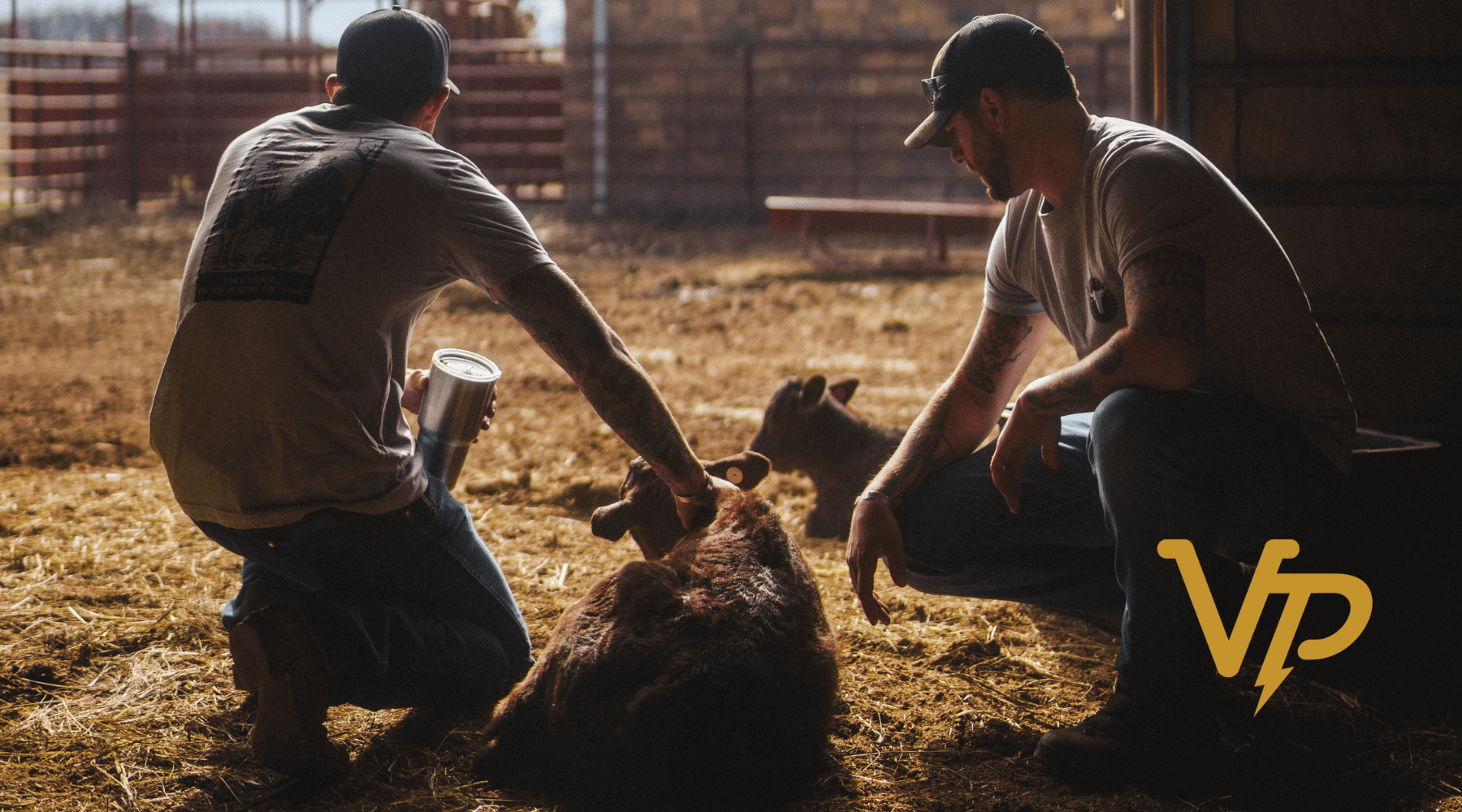
In an era when the food on our tables often travels thousands of miles and often across oceans before it reaches us, choosing to buy protein from U.S. farmers is a decision that carries significance beyond the meal itself. American-raised protein isn’t just about flavor or health—it’s a choice that touches on quality, sustainability, and community resilience in ways that go largely unrecognized. Each time we purchase locally raised meats like American Wagyu, Black Angus beef, or heritage pork, we are investing in an ecosystem that nurtures our nation’s farmers and promotes ethical, sustainable practices.
When you purchase protein raised in another country, you’re often buying from countries that operate under different—and often less stringent—regulations around environmental impact and quality standards. While these countries may produce similar products for a cheaper price, they do so at the expense of ethical and ecological considerations, which can impact both consumer safety and environmental health. By choosing American protein, consumers support a production process that prioritizes the land, animal welfare, and transparency, reflecting American values of quality and responsibility.
Locally raised protein offers benefits that are seldom considered. When we buy American protein, we’re supporting a vertically integrated system where farmers often oversee every aspect of production—from caring for livestock to processing the final product. This hands-on approach means stricter quality controls, healthier livestock, and ultimately, better food on our tables. Moreover, purchasing from U.S. farmers promotes practices aligned with American values: supporting local economies, encouraging sustainable land use, and reducing the environmental footprint of food distribution.
By choosing American protein, consumers become part of a cycle that not only ensures a healthier meal but strengthens communities, respects the environment, and provides security in an increasingly unpredictable world. This choice isn’t just about what’s on the plate—it’s about investing in a sustainable future, built on quality, trust, and the resilience of American farmers.
Reason #1: Strengthen Local Economies and Communities by Supporting American Farmers

Choosing to purchase protein from American farmers directly contributes to the health and resilience of local economies. Unlike imported meats, which can drain resources from communities, American-raised protein keeps every dollar circulating within the U.S. economy. This not only benefits farmers but also creates a ripple effect that strengthens related industries and generates more stable employment. When consumers buy domestic protein, they help sustain a vital, interconnected network that spans rural communities across the country—communities often reliant on agriculture as a primary economic driver. By supporting U.S. farms, customers become part of a cycle that nurtures both the land and the livelihoods that depend on it.
The Economic Impact of Buying Local Protein
The economic impact of buying locally produced protein extends far beyond the farm itself. Every dollar spent on U.S.-grown meat has a multiplier effect, supporting industries that provide everything from feed to veterinary care to packaging materials. This "multiplier effect" helps amplify the economic benefits across regional and national economies, reinforcing the agriculture sector’s role as a cornerstone of American industry. According to the USDA, farming not only utilizes nearly 900 million acres across the U.S. but also generates income that sustains countless rural communities. Check out US Farming Income and how its decline is impacting every citizen across the United States.
American farms, particularly those focused on premium products like Wagyu and heritage pork, often work with local suppliers for equipment, feed, and labor, creating a thriving local supply chain. By choosing domestic protein, consumers support this ecosystem, reinforcing rural economies and helping communities maintain financial independence from external economies. This commitment to “buying American” is an investment in a system that prioritizes people, not just profits.
How Buying American Protein Creates Jobs and Sustains Communities
Purchasing American protein is more than a personal dietary choice—it’s an investment in job creation and community stability. Beyond the farm, each purchase supports roles in processing, transportation, and distribution, ensuring employment throughout the food supply chain. These jobs are especially critical in rural areas, where agriculture often accounts for a substantial portion of employment opportunities. For instance, the labor involved in raising high-quality breeds like American Wagyu or heritage pork not only requires skilled farmhands but also butchers, packagers, and logistical workers, all contributing to the local economy.
Additionally, supporting veteran-owned farms helps ease veterans’ transitions into fulfilling civilian careers. Farming allows veterans to continue serving their country, this time by producing healthy, reliable food for fellow Americans. For veterans, farming can offer a meaningful career, allowing them to leverage skills in leadership, discipline, and teamwork developed during service. By prioritizing American protein, consumers honor this service while contributing to a thriving agricultural industry that supports our nation's values.
In choosing U.S.-grown protein, consumers help build a resilient economy that champions transparency, ethical practices, and community support, creating a lasting impact that goes far beyond the grocery store.
Reason #2: Ensuring the Highest Standards in Food Quality and Safety

When it comes to quality, safety, and environmental responsibility, American-raised proteins offer a standard few other sources can match. Unlike imported meats, which may come from countries with lenient or nonexistent regulations, U.S.-grown meats like American Wagyu, Black Angus, and heritage pork undergo some of the world’s most rigorous health and safety standards. This commitment to quality ensures that American-raised protein is not only safe and nutritious but also produced in a way that respects both the environment and the consumer.
U.S. Standards for Ethical and Safe Protein Production
The United States enforces stringent regulations at every stage of protein production, from farm to table, creating a secure and transparent food supply. American farms are inspected regularly and must adhere to comprehensive protocols for animal welfare, pathogen control, and accurate labeling. In contrast, some countries producing cheaper meat, like Brazil and Mexico, operate under vastly different rules. Cattle raised in these countries, often resilient but poor-quality breeds like Nalore and Brahman, are kept in CAFOs (Concentrated Animal Feeding Operations) that lack the same level of oversight and environmental protection required in the U.S.
In these regions, there’s minimal regulation over practices that would be prohibited in the U.S., such as clearing land without permits, which contributes to deforestation. Additionally, CAFOs in these areas manage waste from thousands of animals in confined spaces, resulting in severe environmental impact. By contrast, American-raised protein production prioritizes:
-
Strict Animal Welfare Laws: U.S. farms must follow humane treatment standards, ensuring animals have clean water, nutritious feed, and safe living conditions.
-
Comprehensive Pathogen Control: USDA regulations require thorough pathogen control at every processing stage, minimizing contamination risks.
-
Clear Traceability Systems: American farms maintain traceability from birth to packaging, providing consumers with transparency about their food’s origin and treatment.
Nutritional Advantages of American-Raised Proteins
American-raised meats are often nutritionally superior due to high-quality feed and humane farming practices. While only 1% of corn grown in the U.S. goes to direct human consumption, the remainder is used for products like livestock feed, ethanol, and processed foods, supporting the livestock industry sustainably. American-raised proteins like Wagyu and heritage pork benefit from this high-quality feed, resulting in nutrient-dense meat.
-
Healthier Fat Profiles: Grass-fed and grain-finished methods used by many American farms produce proteins with better omega-3 and omega-6 ratios, which support heart health.
-
Higher Vitamins and Minerals: American-raised proteins tend to be richer in essential nutrients, including iron, zinc, and B vitamins, which are crucial for energy, immunity, and muscle recovery.
-
Enhanced Flavor Profiles: Quality feed and ethical farming practices contribute to richer flavors, making American meats especially desirable for health-conscious and discerning consumers.
By choosing American-raised proteins, consumers are making a conscious decision to support ethical and environmentally responsible farming while investing in nutrient-rich, high-quality food. This choice goes beyond a meal—it’s a commitment to health, sustainability, and the integrity of our food supply.
Reason #3: Support Ethical and Vertically Integrated Farming Practices

When consumers choose Valor Provision American protein, they are supporting farms that prioritize ethical practices and often follow vertically integrated farming models. Vertical integration means that farms control multiple stages of production, from raising livestock to processing and distribution, allowing for close oversight of every step. This approach is not only a commitment to quality but also reflects values of transparency, accountability, and sustainability. Vertically integrated farms emphasize animal welfare, careful land management, and minimal environmental impact, resulting in a protein supply chain that aligns with the highest standards of ethics and quality.
How U.S. Farmers Ensure Ethical Treatment and Quality Through Vertical Integration
Many American farms adopt vertically integrated practices, allowing them to closely monitor each stage of production and ensure the ethical treatment of livestock. These farms are committed to humane handling, providing animals with natural environments, quality feed, and stress-free living conditions. Because farms handle multiple stages of production, they can implement high standards for animal care without compromise, reducing the risk of animals being mistreated during transport or in crowded facilities.
For example, vertically integrated farms producing American Wagyu or heritage pork can oversee every aspect of their animals’ lives, from diet and healthcare to processing. This integrated system means they don’t rely on third-party processors, which allows them to control quality directly and avoid potential lapses in animal welfare. Additionally, this model promotes traceability, allowing consumers to know the precise origins and treatment of the proteins they consume, reinforcing trust in the safety and ethics of U.S.-raised meat.
In addition, drug cartels have been reported to influence cattle and produce exports from parts of South America, raising questions about the ethics and safety of these imports. Read more about how illegal land grabs in Brazil feed the American appetite for beef. American-raised protein offers a level of security and accountability, as it bypasses these questionable supply chains and adheres to the nation’s strict standards for safety and quality.
The True Benefits of Ethical Farming Practices
Vertically aligned farming practices also have significant environmental and health benefits. U.S. farmers who control all stages of production can implement sustainable techniques that reduce their farms’ ecological footprint. Rotational grazing, for example, allows livestock to graze on different pastures in a cycle, which supports soil health and minimizes overgrazing. This method not only protects the land but also enriches it, allowing for regenerative practices that restore nutrients to the soil, combat erosion, and support biodiversity.
Many American farms also focus on sustainable feed options that minimize waste and reduce the footprint associated with animal feed production. By controlling their supply chain, farms can ensure that feed quality aligns with both nutritional standards and land management goals. Moreover, these farms often employ techniques such as composting animal waste into fertilizer, which enhances soil fertility without the use of synthetic chemicals.
Choosing protein from farms that practice vertical integration is an investment in a cleaner, more healthier food system. Consumers who choose Valor Provisions' American-raised meats support farms that are dedicated to ethical animal treatment, quality control, and stewardship of our great nation, resulting in a product that not only tastes exceptional but also reflects the values of care, patriotism, and responsibility.
Reason #4: Ensuring Food Security and Independence Through Domestic Production

Global Meat Production
Supporting domestic protein production isn’t just a choice for quality; it’s an investment in national resilience and security. American farms play a crucial role in building a stable and independent food supply, reducing reliance on foreign imports. In a world where global supply chains are increasingly vulnerable to disruptions—from pandemics to geopolitical tensions—the availability of high-quality American-raised protein becomes essential. By purchasing U.S.-grown meats, consumers contribute to a system that protects the country’s food supply from foreign dependencies and unpredictable global markets, ensuring American families have continuous access to safe, nutritious protein.
The Role of American Farms in Maintaining a Stable Food Supply
U.S. farms are the backbone of America’s food security. They provide a steady supply of protein, allowing the nation to be more self-sufficient in meeting its dietary needs. By supporting domestic production, Americans are investing in a food supply chain that can withstand shocks and crises, such as transportation delays or import restrictions.
-
Reliable Domestic Sources: American farms produce a diverse array of proteins, from beef and pork to poultry and specialty meats like American Wagyu, making the U.S. less reliant on imports for essential food items.
-
Preparedness for Emergencies: In times of natural disasters, public health emergencies, or conflicts, local protein sources ensure a stable food supply, reducing the risks of food shortages.
-
Investment in National Infrastructure: Every dollar spent on American-raised protein supports infrastructure like processing plants and distribution networks, keeping them robust and capable of handling increased demand during crises.
How Buying American Protein Protects Against Global Uncertainties
By choosing American protein, consumers help mitigate the risks of global supply chain disruptions and reduce dependency on imported food. This approach promotes food sovereignty and allows the nation to control the safety and standards of its food supply.
-
Reduced Exposure to Global Market Fluctuations: With American-raised protein, consumers are less affected by price spikes, trade disputes, and other instabilities in the global market.
-
Higher Food Quality Assurance: Domestic protein production is governed by stringent U.S. regulations, offering assurance on quality and safety standards that may not be guaranteed with imports.
-
Enhanced Transparency and Trust: Buying locally grown protein allows consumers to understand where and how their food is produced, aligning with the growing demand for traceable, ethically sourced products.
Supporting American farms for protein needs strengthens national food security and ensures that Americans can rely on high-quality, accessible protein, even in times of global upheaval.
Reason #5: A Patriotic Choice: Supporting Veteran-Owned and Family-Operated Farms

Buying American protein is more than choosing the best nutrition available—it’s a meaningful way to support the backbone of America’s farming community, particularly veteran-owned and family-operated farms. These farms represent a deep connection to American values of hard work, resilience, and service. Choosing protein raised on U.S. soil isn’t just about feeding a family; it’s a way to honor those who have served the country and to sustain the traditions that have been passed down through generations and even supporting generations to come. In doing so, consumers are not only choosing quality but also participating in a patriotic mission that supports both national pride and agricultural heritage.
Honoring Veterans by Supporting Veteran-Owned American Farms
Veterans who return from service often face unique challenges in transitioning to civilian careers. Farming offers a fulfilling path that allows them to leverage skills developed during their service, such as discipline, leadership, and resilience. Veteran-owned farms contribute immensely to the agricultural landscape by bringing a sense of purpose and patriotism to their work. Supporting these farms is a way to thank veterans for their service while aiding their transition to a rewarding second career.
-
Empowering Veteran-Owned Businesses: Buying from veteran-owned farms helps them achieve financial independence, fostering a stronger post-service career path.
-
Strengthening Community Ties: Veteran farmers often emphasize community involvement, creating a network of support and camaraderie that extends beyond the farm.
-
Continuing the Mission: For veterans, farming can feel like a continuation of their duty to serve—this time by providing essential, quality food to American households.
The Heritage of Family Farms: Preserving American Farming Traditions
Family-operated farms are the foundation of American agriculture, with generations of knowledge, values, and traditions invested in the land. These farms are more than businesses; they’re legacies, embodying a commitment to sustainable, ethical, and community-driven practices that have been refined over decades, if not centuries. By purchasing protein from family farms, consumers support a way of life that strengthens the social and economic fabric of rural America.
-
Preserving Generational Knowledge: Family farms often pass down skills and wisdom that contribute to the quality and sustainability of their products.
-
Sustaining Local Economies: Family farms are integral to rural communities, providing jobs, supporting local businesses, and enhancing economic stability.
-
Upholding Farming Values: Family farms adhere to a culture of stewardship, aiming to protect and improve the land for future generations. This respect for the environment and commitment to responsible farming are cornerstones of the family farm ethos.
Choosing American-raised protein from veteran-owned and family-operated farms allows consumers to honor both the heritage of American agriculture and the dedicated individuals who have served the nation. It’s a purchase that supports not only quality but also the ideals of service, resilience, and community that these farms represent.
Why Should You Buy Your Next Meal from US Farmers?
Choosing American protein is more than a transaction—it’s a purposeful decision that ripples through communities, the economy, and even the land itself. By purchasing protein from U.S. farmers, consumers do more than bring home quality meat; they support a system of local economies that reinvests in rural areas and sustains American livelihoods. This choice upholds higher standards of food quality and safety, rooted in strict U.S. regulations and ethical practices that prioritize animal welfare and consumer health. American farmers, particularly those who are veterans or part of multi-generational family farms, represent a legacy of resilience and dedication, bringing an unparalleled sense of pride and commitment to their work.
The Top 5 Reasons To Buy US Protein:
- Boost Local Economies
- Ensure High-Quality Standards
- Promote Better Land Management
- Support Food Security and Independence
- Honor American Values
Supporting U.S.-raised protein aligns with values of excellence, transparency, and patriotism. It’s a way to contribute to a food system that respects the land and ensures food security for future generations. For those who prioritize health, ethics, and a deeper connection to their food, buying American protein is a choice that nourishes both body and country—making every meal a step toward a stronger, more independent America.
